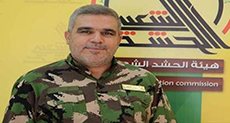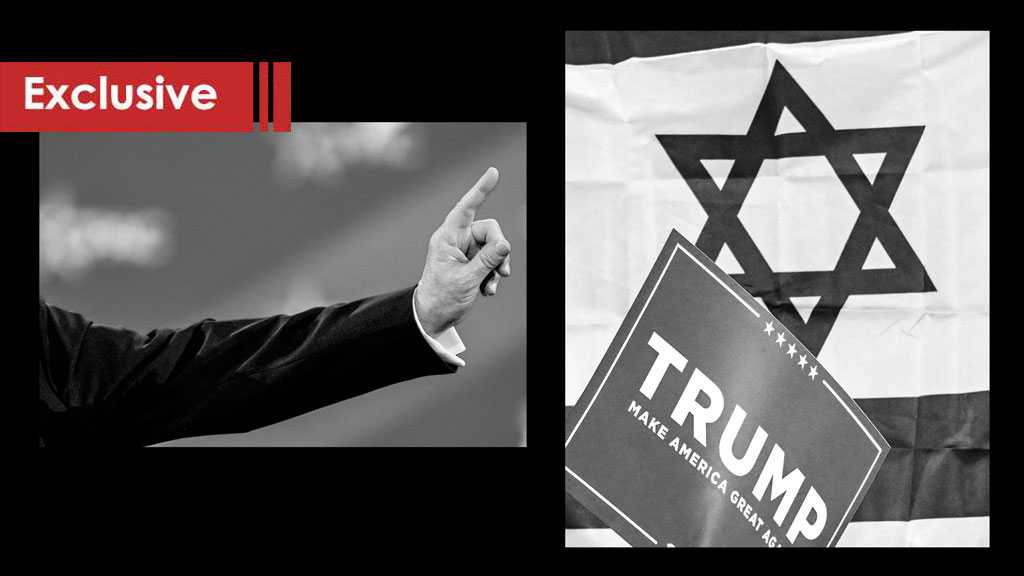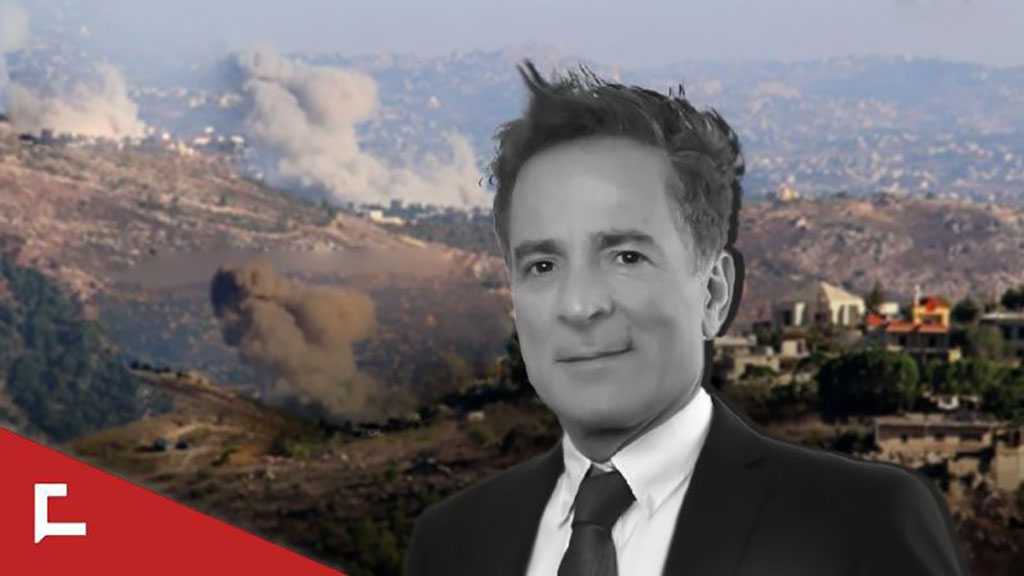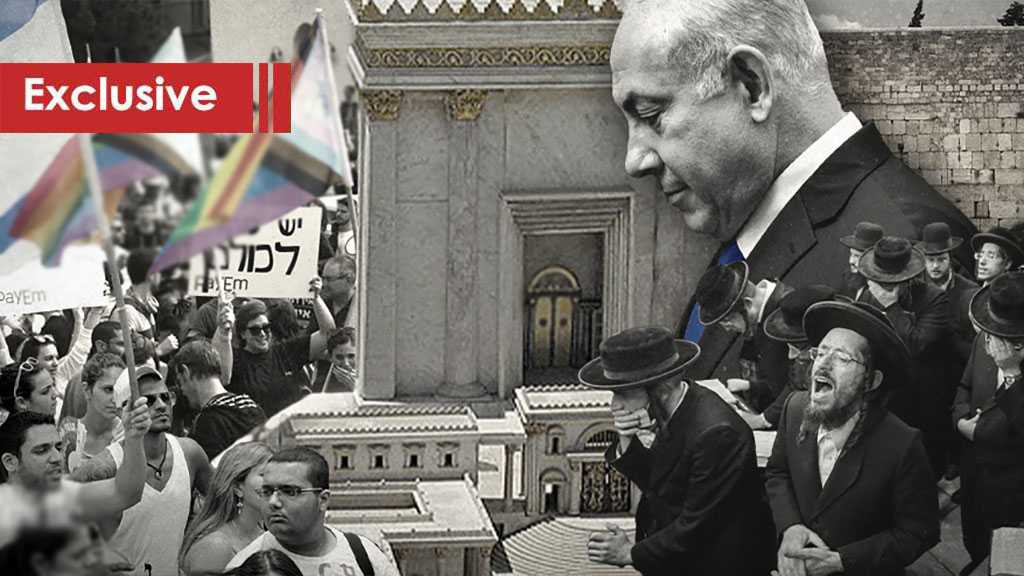Iraqi Popular Mobilization Forces’ Spokesman: Fallujah Key to Victory Over ’Daesh’

Adel al-Jubouri
"The Popular Mobilisation forces, who are backed by the fatwa of the Marjaiyyah [Religious Authority] and the support of the Iraqi people, have become an [important] factor in the equation of the conflict with "Daesh", angering the United States, which did nothing when "Daesh" first entered, and who got involved via the international coalition following the liberation of Amerli, and it betted much on the idea that the defeat of "Daesh" in Iraq will require several years, but the heroism and bravery of the popular mobilisation forces and the magnitude of the power of belief and identity enabled it to defeat "Daesh" in more than epic episode, and has restored the morale of the security forces that had collapsed, and it recorded the grandest epics of heroism and victory in the most complex and difficult battles of honor, and perhaps the episodes of Tikrit, Amerli, and Jurf al-Nasr were the most important and prominent of these heroic epics."
This is what a member of the popular mobilisation forces and its spokesman, Karim al-Nuri, said in a lengthy interview with the al-Ahed News website, on the overall conditions, facts, and horizons of the ongoing war against the "Daesh" organisation, which has entered its fifteenth month.
Successive Defeats for "Daesh"
Regarding the general nature of the scene on the battlefield, after more than one year since the occupation of the Nineveh province by the terrorist organization, the spokesman for the popular mobilisation forces confirms that "The entry of "Daesh" into Mosul on June 9 2014, and parts of Diyala, Salahuddin, Anbar, and the outskirts of Baghdad, was part of a big regional and international project aimed at the occupation of Iraq, and the movement [of "Daesh"] close to Baghdad to occupy the city is a dangerous indication of the possibility of "Daesh" reaching Baghdad and toppling the political process, and a lot of politicians had packed their bags, preparing themselves to travel out of Iraq, and the leadership of "Daesh" prepared themselves to celebrate the entry into Baghdad, amid the huge collapse of the Iraqi army and police forces, the security forces did not show any resistance in repelling "Daesh", which has become accustomed to spreading rumours and disinformation."
Amid the quick advance of "Daesh" toward Baghdad, the world and Iraqis were surprised with Imam [Sayyed Ali] Sistani after he issued his blessed fatwa for jihad, calling on the sons of Iraq - especially the mujahidin experienced in confronting the former regime, or experienced in resisting the US occupation in Iraq - to rapidly respond to the [call of the] fatwa, and so the popular mobilisation forces were launched to help stop the advance of "Daesh", and defensive lines were built around Baghdad on the one hand, and around regions under the threat of falling on the other, then the popular mobilisation forces turned to attack to restore some of the areas occupied by the terrorists, starting from al-Adheem in Diyala, lifting the siege on Amerli and Jurf al-Nasr, and then one impressive victory followed the other, shattering the myth of "Daesh". Thus "Daesh" moved from attack and advancement, to defense, and then defense turned to into disappearance from sight and escaping in most of the cities that were liberated in Diyala, Salahuddin, and later in al-Anbar.
The Power of The Popular Mobilization Forces
Regarding the points of strength of the popular mobilisation forces, Karim Nouri points out that "the points of strength of the popular mobilisation forces are many, but perhaps the most important strengths are its ideology and enthusiasm for jihad, and the conviction in the clarity of the goal, and the legitimate nature of this fight, and the immediacy of the response to the fatwa calling for jihad."
"Today the popular mobilisation forces proved that they are able to defeat "Daesh" despite having simple military capabilities, while keeping in mind that arms alone are not enough, since they could not prevent Mosul, Salahuddin, Anbar, and most areas of Diyala from falling, as weapons require strong men like the men of the popular mobilisation forces."
At the same time - and according to Nouri - the popular mobilisation forces face many logistical, technical, and combat challenges and problems, but they were not made apparent in the media so that "Daesh" does not exploit them, and perhaps the time is ripe now to make passing reference to the most important of these problems, very briefly, namely:
- the fact that the forces have only recently been established, and considering the simplicity of the capabilities available to them in the beginning, and the moral feebleness of the security forces and the [negative] repercussions of the defeat of Mosul.
- the large number of improvised explosive devices, an area in which "Daesh" shows creativity, particularly in the dual-explosive devices, and the lack of engineering capabilities for the forces in dismantling these devices, especially during the early stages.
- the ability of "Daesh" in sending various armored car bombs, and the lack of special thermal missiles to blow them up
- perhaps the most dangerous of all these is the internal and external political pressure, and the impact of the political and media wing of "Daesh" in distorting the facts and portraying their defeats as human rights violations, falsely misleading [people], as what happened in the epic of Tikrit, on which "Daesh" had betted much on.
- foreign dictates pushing away the popular mobilisation forces and staging media blackouts towards its victories, despite the fact that isolating the popular forces, or distancing the army and police from it will lead to setbacks and disasters that could lead to the fall of Baghdad.
America Is Not Serious
With regards to the nature of the American role in the fight against the "Daesh", organisation, Nouri points out that he "cannot deny the power of the United States and the international coalition, considering the huge capabilities and advanced technology that they have, and the wealth of experience in intelligence gathering, but the irony is that the US is not serious about battling "Daesh" or eliminating it, rather, we see that there is a containment of Daesh, or by amplifying its capabilities in the media on the one hand, and its expansion under the radar of the international coalition airstrikes on the other...in fact, the United States appeared to merely be looking on at the beginning of "Daesh's" entry into Iraq, and it waited for so long until it decided to intervene, in a manner that raises many questions."
According to the spokesman for the popular mobilisation forces, the "there is an overlap between Western interests and the air strikes, and this is what caused the international coalition to lose its credibility, and it is regretful that the United States provided very little intelligence information to the Iraqi security forces, it did not provide what this confrontation required, including very dangerous and important intelligence information that it had, and accordingly, it tried to intervene in Iraq's security affairs, and it gave the signal for the popular mobilization forces to refrain from approaching Anbar, which caused Iraqi forces to face a big quagmire after "Daesh" advanced towards Ramadi, over which it thereafter took control.
Perhaps the US duplicity and political double standards contributed to raising the capabilities and morale of "Daesh", for during the operations to liberate Salahuddin, we expressed to the Iraqi government, in its capacity as the side that directly coordinates with the international coalition, the importance of air strikes being launched at all bomb-laden vehicles coming from the areas of Riyadh, Rashad, Hawijah, and Sharqat, after our advancement to the Hamrin Hills, aimed at taking back the ‘Alas and ‘Ajil fields, but we were surprised by the US refusal to participate, and more than that, the US had persuaded the Kurds not to participate in the liberation operations by entering Hawija."
Iran's Supportive Stance
On Iran's position towards the war against "Daesh", Nouri confirms that ""Daesh" was not an enemy limited to the local level, with limited capabilities and aims, but rather, is a global enemy that threatens the interests of the world and the region, and therefore the whole world is with us in confronting it, and perhaps Iran is the most competent and capable of fighting "Daesh", especially since the latter reached Jalawla and Saadia in Diyala, which means it approached [Iran's] border, while the United States is thousands of miles away from "Daesh" and yet still feels the threat, how about Iran then, which has a bitter experiences with the Taliban during their rule of Afghanistan. "
Iran is the first country that took the initiative to support Iraq in the face of "Daesh", and it helped the Kurdistan region after "Daesh" approached Arbil, and this was recognized by Mr. Massoud Barzani, the President of Kurdistan.
The level of Iranian cooperation and support came in the form of providing consultations and sharing its expertise in confronting the organisation, and in fact, Iran contributed to turning off the Iraqi fire, and we must give thanks and appreciation to it instead of criticizing it, and the admonitions and blame should be directed at those who set Iraq alight, and helped "Daesh" occupy Mosul, and not the one who stood with Iraq during this ordeal.
Anbar and Fallujah...The Keys to Victory
With regards to the current situation in Anbar province, Karim al-Nuri said that "after the liberation of Salahuddin, attention turned to Anbar, since it is the most important for the liberation of Mosul, and we cannot proceed to liberate Mosul before liberating Anbar.
There have been discussions over whether the priority is to liberate Anbar first or Mosul, and there was a preference by some to prioritise the liberation of Mosul first, but the viewpoint of the forces gives priority to Anbar.
The operations began from several directions after fortifying bases close to Baghdad, and strengthening vulnerable areas that can be exploited by "Daesh" to score propaganda victories to raise the morale of its members.
The liberation operations began by tightening the noose on "Daesh" in Anbar, beginning from the area of Jazirah west of Samarra from two fronts, which are, al-Ishaqi - Sayyed Gharib towards al-Lin, and another front from al-Nuba'i towards al-Kassarat in the direction of al-Lin, then the Muthanna facilities were liberated, and then the forces set off towards Nidham al-Tharthar and Nidham al-Taqsim, and by doing so, supply lines to Daesh were cut off from the direction of Jazirah towards Salahuddin and Mosul.
The popular mobilization forces and security forces then reached the Yabani bridge northwest of Fallujah, and in the direction of Saqlawiyah, and towards al-Karmah southeast of Fallujah.
After a clever maneuver to mislead "Daesh" - "Daesh's" attention was focused on preventing the liberation of Fallujah - our security forces and the popular mobilisation forces advanced towards south-east Anbar, and liberated Anbar University and approached the Ta'mim neighbourhood, and the government square became at the reach of the hands of the security forces after taking control of the al-Sjarih area, Khalidiya, and east Husaybah. After cutting "Daesh's" supply lines and disrupting its capabilities, the operation to storm it have become very close.
In fact, the city of Fallujah represents the head of the snake so to speak, according to the deputy chief of the popular mobilisation forces, Abu Mahdi Mohandes, and it is the key to Anbar and the lungs of "Daesh" from which they breathe.
Fallujah is especially symbolic for "Daesh" after Tikrit, since it fell several months before Mosul, and in its weapons and supplies were stored in it, and for this reason the "Daesh" organisation is keen on not losing it by any means necessary. And so operations began in order to besiege it from all sides, in preparation for storming it.
Source: al-Ahed News, Translated and Edited by website team




